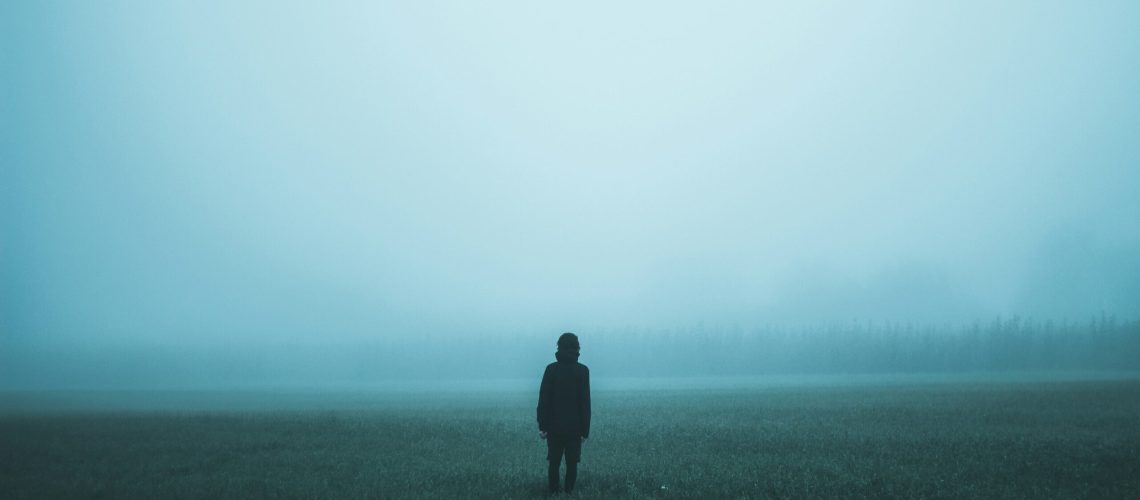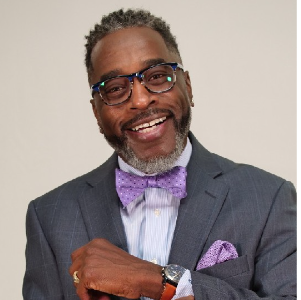“When we are no longer able to change a situation, we are challenged to change ourselves.”
How can you cultivate and maintain courage in the face of overwhelming circumstances? This is not just a theoretical question for me; it’s something I’ve experienced firsthand.
— Viktor Frankl
In January 2013, after completing graduate school, I found myself without stable housing. I had exhausted my savings, sold my car, and relied on my bike as my primary mode of transportation, uncertain about where I would live next. Over a four-month period, I lived in five different places. After just finishing graduate school, I expected to enter agency work, but opportunities weren’t materializing. My expectations for my life collided with a reality I hadn’t anticipated.
In those moments, despair was always close by. Yet strangely, it was also a time when I began to access something deeper—a commitment to keep moving forward, to remain connected to purpose, and to search for meaning amid hardship. That marked the beginning of a transformation I could not yet define.
Existential therapist Viktor Frankl (1984) writes that even when external freedoms are taken away, we are never stripped of the freedom to choose our response. I clung to that truth, even when it felt abstract. In the quiet of my anxiety, I returned to questions: What is mine to do right now? Who do I want to be in the face of this?
At that time, I was also involved in a personal development seminar and engaged with my Buddhist practice with renewed seriousness. Both experiences helped restore something that existential therapy also addresses: the ability to participate fully in one’s life, even when circumstances are far from ideal.
Frankl’s words helped me realize that suffering itself is not the end; it can become the raw material from which meaning is made. In my life, that meaning often emerged not from major breakthroughs but from small daily acts—sitting with a client, attending a community meeting, and reaching out to a friend. These weren’t grand gestures, yet they grounded me.
Existential-humanistic therapy emphasizes that we exist in relation to others, nature, and ourselves (Yalom, 1980). I learned that courage isn’t something I had to manufacture; it emerged from connection—from participating in life, even when it felt broken or uncertain. I came to understand what James Bugental (1987) meant when he described the “search for authenticity” as a central aim of psychotherapy. My authenticity wasn’t about projecting strength but about being present and genuine, especially during times of fragility.
In retrospect, the distressing period I experienced helped awaken the Self I now bring into the therapy room. Not the polished Self or the one shaped by cultural expectations, but the deeper Self struggling to emerge. Rollo May (1981) speaks of the individual’s “destiny” not as something predetermined but as the unfolding of who we become through the choices we make under pressure. It was not a heroic moment that led to change but a slow reckoning with vulnerability, responsibility, and freedom.
Today, I pose a simple yet powerful question to my clients—and to myself: What small action can you take to cultivate courage, regardless of your circumstances?
The world continues to present its crises: climate change, political turmoil, social division, and personal loss. However, these are not merely challenges; they also represent opportunities to become more fully ourselves. In existential-humanistic therapy, this is what Kirk Scheider (2023) calls “life-enhancing anxiety”—the discomfort that arises when confronting freedom, uncertainty, and responsibility. Rather than avoiding that anxiety, we are invited to enter it with courage.
Courage is not naive optimism; rather, it represents a disciplined engagement with life. It involves the choice to remain awake, continue contributing, and take responsibility for the meaning we create.
Reflecting on the past, the period when I feared I was falling apart was simultaneously the time I truly began to come together. This paradox of discovering meaning through struggle sustains me now, and it’s what I strive to offer in my work with others.
So, I return to the question: What authentic action can you take today to cultivate courage?
It doesn’t have to be grand. It only has to be real.
References
Bugental, J. F. T. (1987). The art of the psychotherapist: How to develop the skills that take
psychotherapy beyond science. W.W. Norton.
Frankl, V. E. (1984). Man’s search for meaning: An introduction to logotherapy. Beacon Press.
May, R. (1981). Freedom and destiny. W.W. Norton.
Schneider, K. J. (2023). Life Enhancing Anxiety: Key to a Sane World.
University Professors Press.
Yalom, I. D. (1980). Existential psychotherapy. Basic Books.




